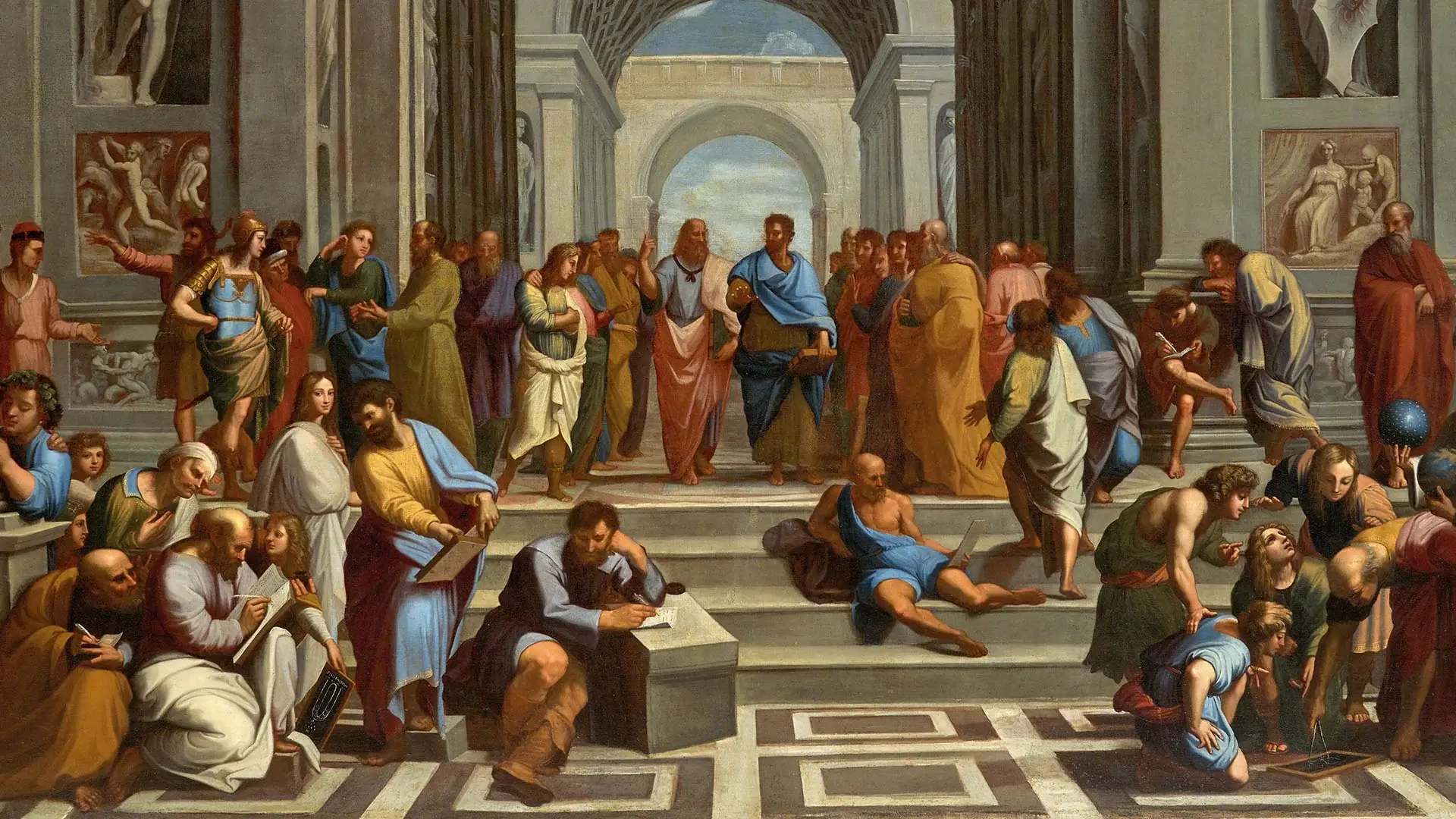Pioneering poet Meena Alexander lived on three continents and wrote on displacement, identity, and belonging. Alexander mixed Indian and Western literary traditions in her poetry about dislocation’s beauty and anguish. Her legacy as a scholar poet activist inspires and guides writers and readers.
Meena Alexander: Biography, Poems, and Influence
Introduction Meena Alexander’s literary and personal journey shows her tenacity in culture and identity, having relocated across continents since birth in India. This essay will study her poetry as it reflected her experiences and how it transformed literature, including some of her influential writings and who influenced and acknowledged her in contemporary literature.
Meena Alexander was born in Allahabad, India, on 17 December 1951, but migration impacted her childhood. When her family moved from Khartoum, Sudan when she was 5, she was exposed to several cultures, which shaped her as a poet.
From India to Sudan
At the end of 1950, Meena Alexander’s family moved to Sudan, sparking her interest in exploring her identity in Indian and African cultures. Meena wrote poems about identity, belonging, and immigration’s effects on self-identity.
Meena Alexander studied in Sudan and England, gaining her Bachelors at University of Delhi and a Master’s with a concentration in English literary studies at Nottingham. She initially discovered its rich tradition and struggled with her dual culture identity here.
Meena Alexander’s Poetry Blends Cultures and Emotions
Meena Alexander creates sensitive, approachable poetry for global readers. Longing, displacement, and self-discovery are central to her art, making each piece unique! Meena masterfully blends Indian and Western literary traditions to create distinctive works that resonate across cultures.
Key Works by Meena Alexander: “Illiterate Heart” (2002) Alexander is famous for Illiterate Heart, which examines grief, love, and identity with beautiful lyrical and emotional depth. Alexander utilizes her immigrant experiences to illustrate how hard life is between worlds.
“The Poetics of Dislocation” Alexander explored physical and emotional dislocation throughout her career. Her poetry and articles examined being “rootless” while developing a sense of home through writing. Alexander’s poetry explores identity and individuality.
Meena’s colorful pictures and diverse mix of languages and references connected current and ancient, Eastern and Western, as she used lyrical and experimental genres. She moved readers with her writing about memory, migration, and humanity.
Meena Alexander: Marginalized Voices Advocate
Meena Alexander was a talented poet, scholar, and literary thinker. She encouraged the investigation of personal and communal narratives of underrepresented or neglected groups through her writings and presentations. Her legacy endures.
Meena Alexander was acutely aware of race, gender, and cultural expression as she fought for women from postcolonial societies who felt marginalized in literature to speak out. Her poetry often featured women protagonists. Her passion helped create a feminist literature movement by featuring underrepresented voices as protagonists in her poems.
Impact on Modern Literature
Her works have influenced many modern poets, especially postcolonial ones. Her unique perspective as someone who could transcend languages, cultures, and continents gave voiceless people a voice, making her one of the leading personalities of East/West literature.
Meena Alexander’s Legacy: Beyond Poetry
Meena Alexander died in 2018, yet her writing lives on. For years to come, her poetry, teaching, and activism will inspire authors and readers.
Academic Work by Meena Alexander Alexander also influenced postcolonial literary studies with her academic work, particularly The Poetics of Dislocation, which is now required reading for students and researchers. While supervising many students, she provided unique educational perspectives on identity politics poetry culture relations between texts like The Poetics of Dislocation.
How Did Meena Alexander Die?
Meena Alexander, an esteemed poet, scholar advocate and activist for voices not heard died on November 21, 2018, aged 66 due to complications arising from ovarian cancer which she battled privately but with great determination; nonetheless her legacy endures through both poetry and academic achievements despite this personal struggle.
Meena Alexander demonstrated her insatiable passion for teaching and writing throughout her entire existence, even while fighting cancer. Even as her life ended suddenly, Meena continued her academic and literary endeavors – inspiring poets, students and readers from around the globe with her books that remain an incredible source of strength today. Even after death took its final toll, her writing continues to remain inspirational while keeping Meena’s voice just as loud today.
Meena’s death marked an end of an era in feminist and postcolonial literature; yet her legacy remains. Meena was known for writing poetry which explored themes related to displacement, migration, identity and resilience – themes which reflect her life journey both literary and personal – serving as an ode to her unchanging spirit and continuing her explorations today after she has left us. Meena remains an inspirational voice who provides clarity amid our turbulent modern world.
As we mourn Meena Alexander’s passing, we commemorate her outstanding achievements and the profound effect she made in scholarship, literature and on those she was closest to – not forgetting those she left behind who will always carry forward her message of hope through words written. Her life will inspire generations yet unborn.
Meena Alexander Poems: View into the Soul
Meena Alexander’s poetry is renowned for its powerful poetry, emotional depth and themes that examine the notion of identity and displacement, migration and the complexities of human experience. Her poems frequently reflect the personal as well as the political, and blend the personal and the cultural with personal stories. Here are a few of her most popular poems that provide insight into her distinctive voice and literary heritage.
1. “The Poetry of Displacement”
The poem conveys what Alexander was trying to convey in his study of travel and the feeling of being caught between different cultures. The poem explores the notion of belonging, as well as the challenges of identity in a multi-cultural world. This poem offers a reflection on the internal struggle of relocating ones roots and longing to feel a sense home.
Excerpt:
“I live between two worlds,
A thread that connects the past and the present
In the midst of time
I seek a home in the darkness
However, I only see shadows of the things I’ve left .”
2. “The Illiterate Heart”
In this famous poetry from her book The Illiterate Heart, Alexander speaks about longing, love, and the words that are not spoken, but stay in your heart. It’s a touching review of the slacks when communicating, especially when it comes to relationships, and also how certain emotions can’t be expressed fully.
Excerpt:
“A heart that doesn’t understand how to read,
How does it convey the story of love?
Words spill out like water,
Yet the soul is unhappy .”
3. “Wild Language”
The poem, Wild Language, Alexander explores the conflict between the voice of the poet and the forces seeking to shut it down. The poem focuses on the power of language as an oppressive and liberating power, one that has the ability to determine and shape a person’s existence, yet also sever the person from their true self.
Excerpt:
“My words are wild,”
They are a result of the silence of the soil,
Too loud Too loud, too bold
But they want the only liberty .”
4. “A Prayer for My Mother”
A profoundly personal poem, A Prayer for My Mother highlights Alexander’s deep connection to her roots as well as the complicated connection between child and mother. The poem combines the sacred and the mundane praying for determination and perseverance to face the challenges of life.
Excerpt:
“In the peace at night
I am able to hear mom’s prayers.
Her hands held me,
Today, like leaves scattered in the breeze,
It is my prayer that her courage will continue to live .”
5. “The Memory of Water”
In this poetic piece, Alexander speaks about the physical and metaphorical nature of water’s motion, its fluidity and its relationship to memory. The poem examines how the past affects the present, and also how memories, like water change constantly, flowing and changing.
Excerpt:
“Water remembers,
It is a river that flows through the valleys time
It carries the scents of cities that have been abandoned,
They are the faces of people who are long gone
Their tears and laughter still raging in the river .”
6. “House of Love”
This poem is an exploration by Alexander of love as an escape and a place that is vulnerable. Love as in the poem represents a home that is a space where the poet is safe but open, offering comfort and suffering equally.
Excerpt:
“The home of love is made of words
But it’s not all free of cracks,
It’s a spot of refuge, however the doors are always open,
Let the wind blow in uncertainty .”
7. “My Mother’s Story”
My Mother’s Story is a moving piece that interweaves the personal story of the poet’s mom with more general themes of heritage family, the passing of time. The poem is an ode to the matrilineal characters who mold our lives and identity.
Excerpt:
“My mother’s story is weaved in the fabric of our country,
Each thread carries an entire generation of weight
A story that will never ever come to an end
However, it unfolds like flower petals. flower.
Soft yet enduring.”
8. “The Blackbird’s Song”
This poem by Alexander makes use of the symbolism of a blackbird in order to explore the idea of liberation and the quest for freedom. The blackbird’s melodious song, is an image of the desire to find something that is both elusive and beautiful.
Excerpt:
“The blackbird sings in the darkness.
A song that’s not for everyone,
For the sky, however,
The wind is the one that carries it away
To a place where soul is at peace .”
9. “The Poetics of Dislocation”
Alexander considers literal and emotional dislocation in this poem-turned-essay. The poem explores being torn between cultures, civilizations, and identities and the necessity to identify one.
Excerpt:
“We have all been displaced,”
Moving between spaces,
Interspersed between languages,
Our bodies map the journeys of our ancestral ancestors .”
10. “Living with Language”
This poem examines the relationship with the writer and his language and how language affects our perception of the world. It’s a reflection on the way words, spoken and spoken, determine who we are as well as the world that surrounds us.
Excerpt:
“I have a problem with language.”
It is wrapped around me,
As the earth embraces the tree,
Every word I say is carried that weight entire world .”
FAQ
Famous Indian-American academic and poet Meena Alexander wrote about identity, migration, displacement, and transnationalism. Meena Alexander was inspired by her cross-cultural experiences in Sudan, the US, and England.
1. Which Meena Alexander works are most famous?
Meena Alexander is known for her works like Illiterate Heart (2002), which explores loss, love, and identity in cultural contexts, and The Poetics of Dislocation (2009), which examines feeling “displaced” in globalized societies.
2. What themes does Meena Alexander’s poetry explore?
Meena Alexander explores gender, identity, and migration. In powerful metaphors, her poetry depict belonging and displacement.
3. How has Meena Alexander influenced modern literature?
Through her poetry, scholarly study, and activism, Meena Alexander championed disadvantaged voices including postcolonial authors and women writers to fight gender and cultural displacement. As an advocate against cultural displacement, including Gender Identity Disorder, she used her platform to raise awareness.
4. Why are postcolonial authors so impressed with Meena Alexander?
Meena Alexander’s postcolonial literature is renowned for its innovative viewpoint on living across cultures and overcoming their challenges. Alexander’s poetry examine displacement and identity, mirroring her experience: life is hard in an imperfect world.
Conclusion: Lasting Legacy
Meena Alexander’s legacy in academia and advocacy for disadvantaged voices shows how words can communicate powerful stories. We use her writing to understand how literature connects, challenges, and inspires while exploring identity, migration, and cultural fusion.
Her life and writing remind us that even in times of loss and dislocation, humans can create beauty and purpose beyond any particular perspective.






